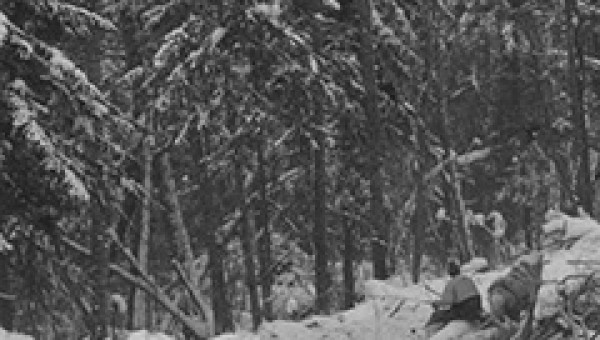Interviews In Recording, Reality In Memories
2014/10/07 23:00
In the book, Directing the Documentary, it says, "Interviews are the core of documentary."
In A Man Vanishes , we see IMAMURA Shohei interview the fiancée, family and friends of the salesman who has vanished into thin air, trying find out what happened to him. In Curriculum Vitae, a communist party member who is about to be expelled is being interrogated. In Revision, the director tries to reconstruct the truth of a murder committed years ago. He talks to the witnesses, the investigators and the family of the victims. All these films use the interviews and the details they reveal to piece together the truth of these incidents.
Meanwhile, the other three films in this strand attempt to reconstruct the past with the interviews. Shoah is an oral history based on the stories told by the holocaust survivors, witnesses and perpetrators. In The Last of the Unjust , the last President of the Jewish Council in Theresienstad was interviewed, telling us his experience of managing the concentration camp and the secret of how he helped 120,000 Jews escape. The Unknown Known is a series of interviews with Donald RUMSFELD, the U.S. Secretary of Defense during BUSH administration. The director hopes that from RUMSFELD's account, the audiences will hear the details of how the U.S. government decided to invade Iraq.
Based on the interviews, these six documentaries seem to be conveying the memories, reconstructing the past, reflecting the time and unveiling the reality through language, but they have achieved more than that. Errol MORRIS, the director of The Unknown Known, said, 'Sometimes the power of an interview – often, in my view – comes from things that are not said.' Moreover, Claude LANZMANN said, 'The making of Shoah has nothing to do with memories; instead, it is Interviews about those that have been haunting us, and yet cannot be remembered.'
What these directors try to challenge is – what we have seen or heard is just part of the reality. In these films, the directors use image, documents and memories to create a time and space that make the audiences ponder over the question – there are things that we cannot see or hear as well as those we have lost or forgotten; in this case, do they exist?
IMAMURA Shohei and Krzysztof KIESLOWŚKI choose to challenge the reality with fiction; they use "film" to get close to the truth. Both The Unknown Known and The Last of the Unjust are based on one man's account; in both cases, memories have become what one defines oneself. Through the interaction between the interviewer and the interviewee, the unsaid things, which exist in reality, have been revealed. In Revision, a new method of conducting an interview is invented. "I let him hear the recording of what he had said before. He can stop listening, make any comment or adjust what was said at any time." In this way, the uncertainty of reality is further underlined. Shoah brings us back to the site where the atrocity happened forty years ago. It highlights a history of indelible horror and leads us to experience the hell that "cannot be reconstructed".
Like what George ORWELL wrote in 1984, "Past events, it is argued, have no objective existence, but survive only in written records and human memories. The past is whatever the records and the memories agree upon." If the subjective reality does not exist, then what is "reality"? Does it even exist? It is precisely the core question of this strand.
Perhaps, the real reality exists only in everyone's heart.


